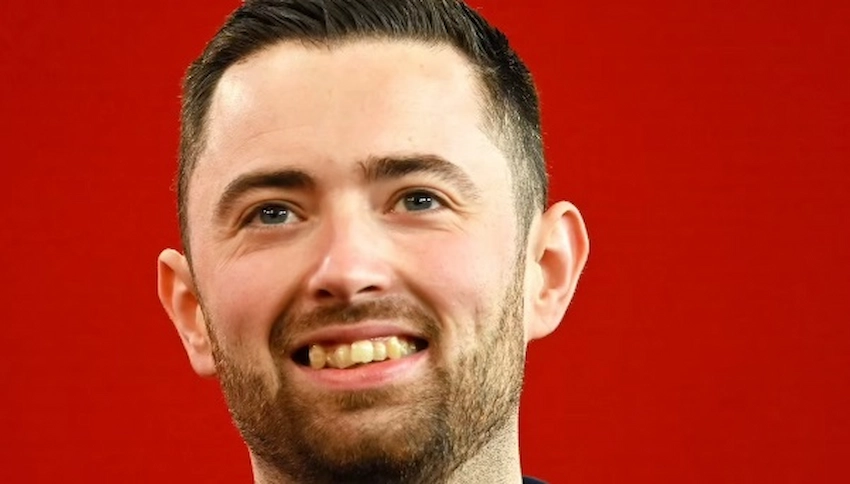🦷 Gritting Teeth: 5 Signs You Shouldn’t Ignore
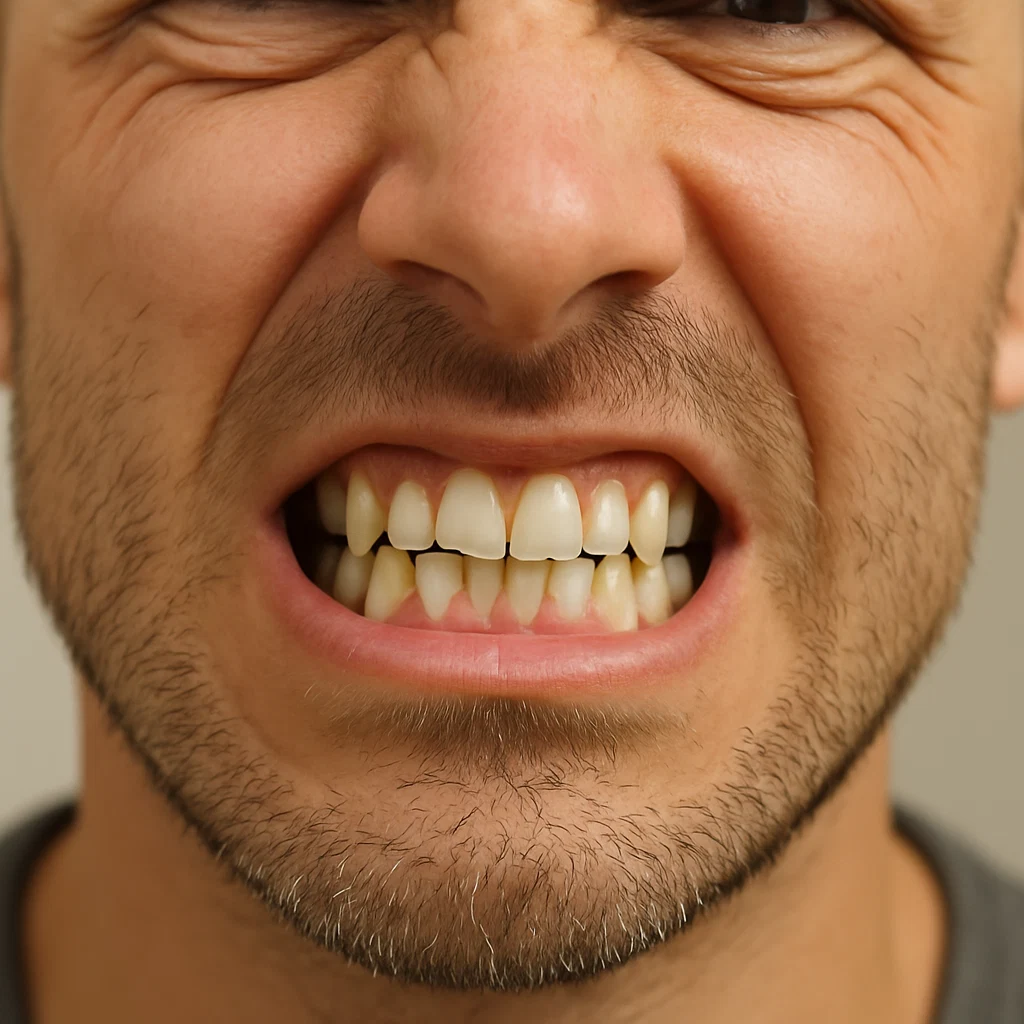
It is vital to understand the primary purpose of teeth, which is chewing, talking, and smiling confidently. However, many individuals may tend to clench or grind their teeth unknowingly with negative repercussions, not only limited to teeth sensitivity, but it could have wider dental problems, which are serious in some cases. In this article, we will take a closer look at the causes, consequences, signs of teeth grinding, and how to deal with this condition if you realize that you tend to do it quite frequently to the point that you have to ask, “Am I grinding my teeth too much?”
Gritting Teeth
The act of teeth grinding is technically known as the pathological closure of the upper and lower teeth, which is done with excessive force. It happens during the hours one is awake, mainly as a result of a high level of concentration or stress, but some individuals may grind their teeth during sleep, which is known as sleep bruxism.
The main issue of clenching teeth is that it causes unnecessary stress on the jaw, teeth, and the temporomandibular joints (TMJ). This pressure buildup results in adverse effects such as tooth cracks, nerve and pulp injuries, jaw pain, and even tension headaches in extreme cases. That might lead to incidents of other annoying problems; thus, lifelong habits of teeth grinding should be corrected early enough
What Causes Gritting Teeth?
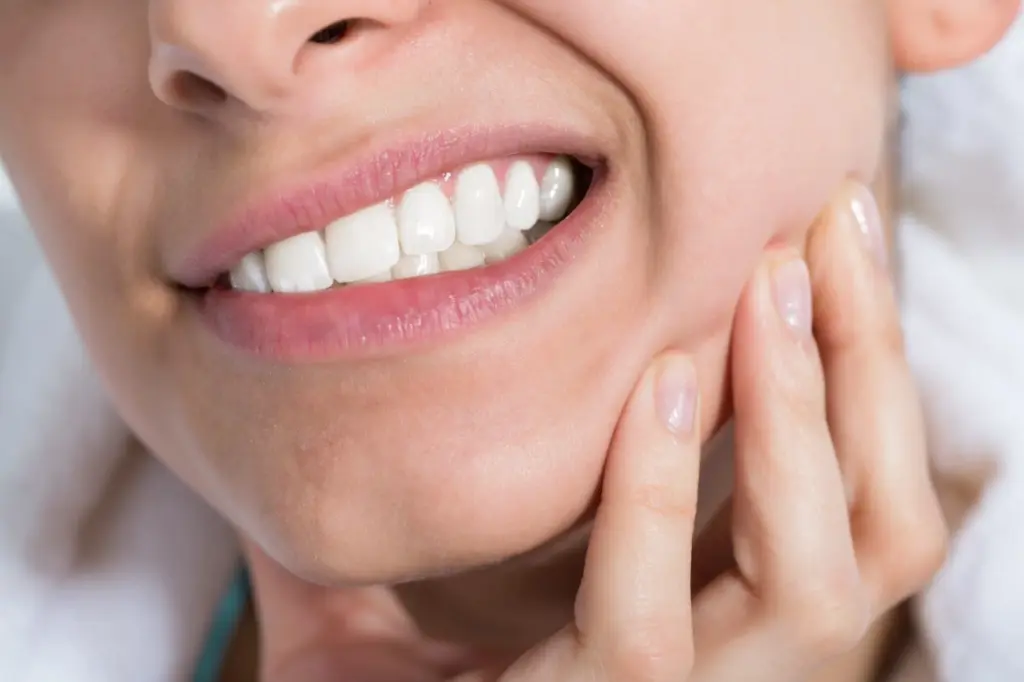
Multiple causes may lead to teeth grinding, and thus, the problem cannot be attributed to a single factor. Instead, it is a combination of factors that are likely to lead to this condition. They include:
- Stress and anxiety – Feelings of emotional tension are among the greatest stimulators of clenching. If you find yourself clenching your teeth during the day, stress is likely the culprit.
- Sleep disorders – Different conditions like sleep apnea could contribute to night grinding. It is vital to address these medical issues as they may lead to teeth grinding, jaw muscle strain, and TMJ strain.
- Maligned bite – An improper bite can lead to the closing of the teeth without control. If the bite is not aligned, it may act as a trigger, and the teeth will clench unconsciously.
- Caffeine or alcohol – The heavy drinking of caffeinated drinks or alcohol may energize your muscles too much and may make it impossible for you to relax while sleeping. If you think that this is the reason why you are clenching your teeth, you might consider lowering your intake, especially before going to bed.
When to Worry about Teeth Grinding
Now that you know what causes teeth grinding, let’s talk about the signs and symptoms to watch for. Here are the five key signs that indicate a potential problem with clenching:
- Tooth wear or damage: If you notice any enamel erosion or chips on your teeth, it could be a sign of teeth grinding (bruxism) and should be evaluated by a dentist.
- Some medications – Certain antidepressants and stimulant medications can have bruxism as a side effect. It is important to read the list of side effects and talk about it with your physician if you are taking something that lists bruxism as a potential adverse effect, to determine if other options may be available that are appropriate.
5 Warning Signs of Teeth Grinding
Clenching or grinding of teeth is a problem many people are dealing with, especially at night when they are most likely to be doing it unconsciously. Here are the five signs that you might be grinding your teeth:
- Jaw pain or stiffness – One of the first tell-tale signs that you are grinding your teeth would usually some kind of reaction around the jaw. This feeling is particularly noticeable in the early morning or after long periods of concentration and using the jaw muscles. Furthermore, dentists may find the jaw muscular area to be tender to touch and thickened in these cases.
- Frequent headaches – Another common sign of teeth grinding is headaches, which are most commonly ~felt in the region of the temples and are usually also related to muscle tension. The muscles responsible for your jaw might spend considerable periods tightening; this tension can easily spread throughout the entire area, affecting the head region in general. Once more, this is yet another facet of bruxism that is largely unrecognized by the majority of people, who may then wrongly assume that they are having headaches.
- Tooth sensitivity – Bruxism that persists for a long time can lead to the wearing down of the enamel on your teeth. When the enamel has been removed by the continuous exertion of pressure, you may become sensitive to hot, cold, or sweet foods or drinks. It must always be emphasized that sensitivity can be caused by different factors, and only a dentist can make a proper diagnosis through examination.
- Flattened or chipped teeth – Some of the more severe effects of bruxism are flattened, chipped, or cracked teeth. Your teeth could lose their natural shape due to constant grinding or clenching and develop a flat appearance because of this. In addition, the weakening of the teeth’s structure leads to their chipping and cracking, which causes a need for more serious dental solutions.
- Popping or clicking jaw – In some cases, where you have bruxism, you may also experience a degree of stress on your temporomandibular joint (TMJ) as a result. If you are grinding or clenching your teeth, the extra pressure can strain the joint and surrounding muscles. This clicking or popping sensation when you open your mouth, chew, or move your jaw in certain directions could be an indication that your TMJ is being affected and may require professional evaluation and treatment.
Grit My Teeth – What Should I Do?
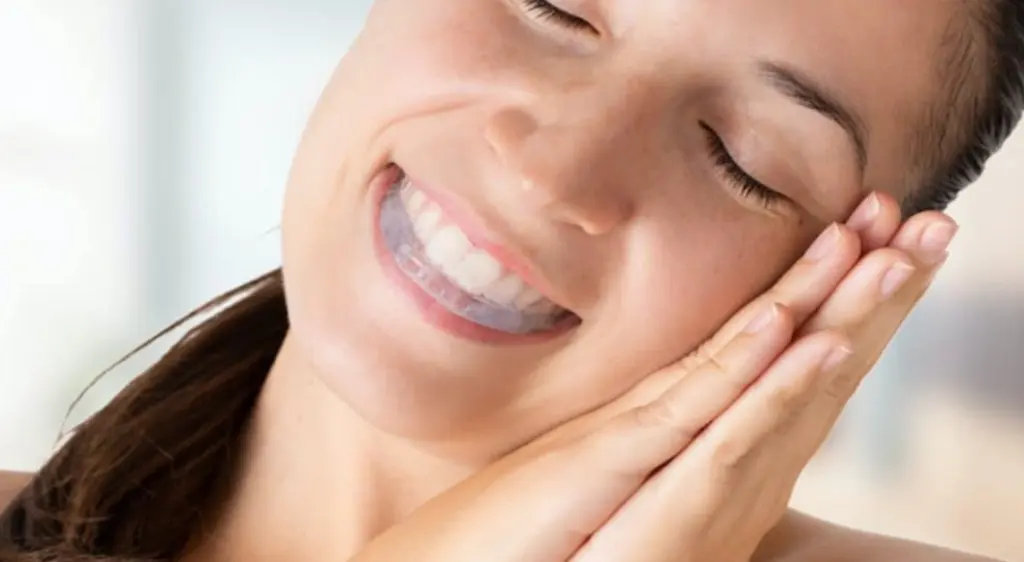
If these indicators have crossed your path, do not let them pass by. Here is what you may take as your next steps:
- Go to a dentist – They can also look for damage and thus recommend a treatment plan.
- Think about a night guard – A professionally made guard can be the savior of your teeth during the night.
- Stress management – Calming methods, like yoga or meditation, are beneficial in lessening the tensing of your jaws.
- Better sleeping habits – A regular sleep pattern is the key to less night grinding.
- Fix jaw problems – Orthodontic treatment or restorative dentistry might be the solution.
Grit Teeth (Bruxism) Treatment at Lema Dental Clinic
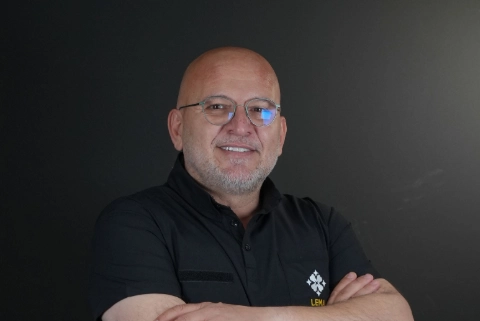
Teeth grinding or bruxism may be a minor habit to you, but it can lead to severe destruction of your teeth, jaws, and, in general, your oral health. The positive side is that with an appropriate diagnosis and treatment, you can keep your smile safe and avoid continuous problems. At Lema Dental Clinic, our skilled dental team is committed to a custom bruxism treatment that aims to relieve discomfort, keep your teeth safe, and elevate your quality of life. The arrival of your ideal, pain-free smile is the next appointment only.
FAQs – Gritting Teeth: 5 Signs You Shouldn’t Ignore
Gritting teeth is a situation when you hold your upper and lower teeth so tightly together that no gap is left between them, usually as a result of stress, anxiety, or during sleep.
They are similar to each other, but grinding only refers to the movement of your teeth against each other, whereas in gritting, one is just holding them tightly without any movement.
The list of causes for the issue might include stress, sleep disorders, bites that are not properly aligned, the use of certain medications, and the intake of caffeine or alcohol in excess.
Of course, if gritting is done for a long time, it can result in the wearing out of enamel, breaks, jaw pain, and even temporomandibular joint (TMJ) issues.
The treatment options may comprise a night guard for use during sleep, relaxation techniques, healthy sleep habits, and the correction of dental alignment problems.

